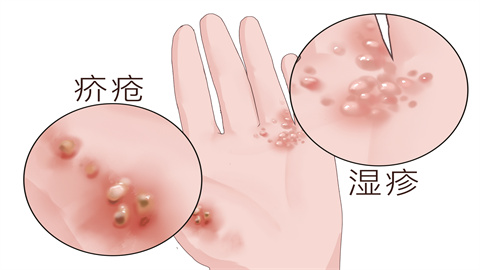Is scabies contagious?
Generally, scabies is a contagious disease caused by the parasitism of Sarcoptes scabiei mites. It can be transmitted through direct or indirect contact. Implementing proper protective measures can effectively reduce the risk of infection. A detailed analysis is as follows:

The causative agent of scabies is the Sarcoptes scabiei mite, which parasitizes the superficial layers of human skin. These parasites primarily spread through close direct contact, such as sleeping together, hugging, or holding hands with an infected individual. They can also be transmitted indirectly through contact with contaminated objects, such as sharing clothing, bedding, towels, or bed sheets from an infected person. The mites can survive for several days on these items, and contact with them may lead to infection. The likelihood of transmission is particularly high in crowded settings such as households or communal dormitories.
However, not all contact results in infection. If the contact is brief and the items involved are promptly cleaned and disinfected, the survival probability of the mites is low, thus significantly reducing the risk of infection. After infection, symptoms such as skin itching and small papules may appear, typically concentrated in thin and tender skin areas such as between the fingers, wrists, and armpits.
In daily life, it is important to avoid close contact with individuals who have scabies and not to share personal items. Patients should receive timely and standardized treatment to prevent further spread of the mites, thus protecting the skin health of both themselves and others.





